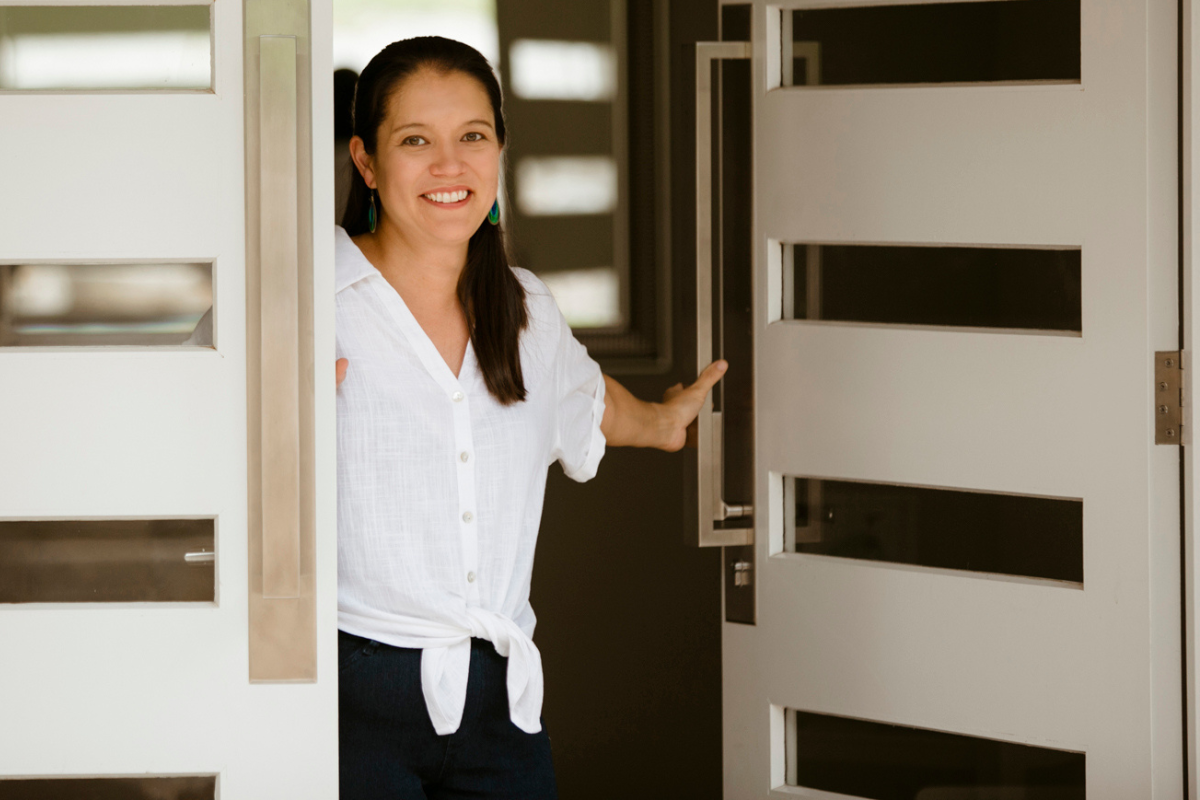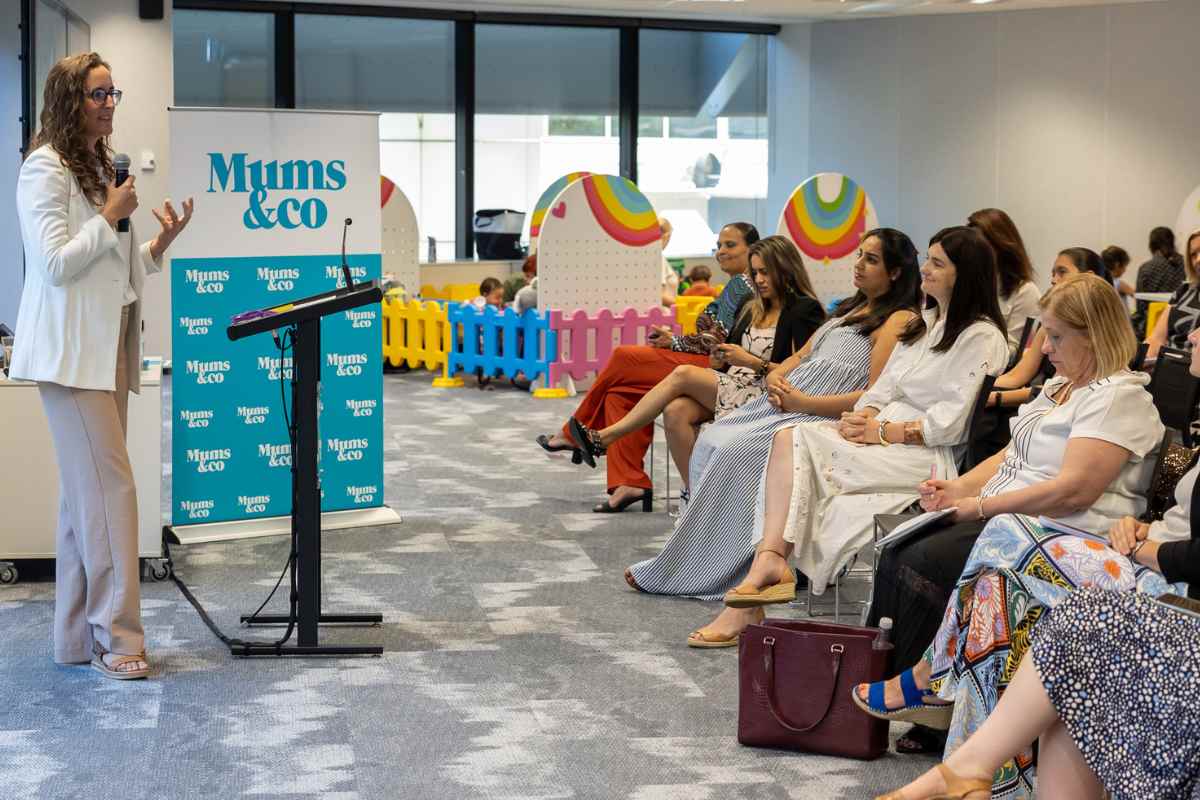Get EOFYS ready
It’s less than a month until end of financial year so it’s time to get organised.
It’s less than a month until end of financial year so it’s time to get organised. Kelly O’Rourke from Profit by Design is a Chartered Accountant who specialises in working with small business owners.
She is dedicated to educating and advising business people so that they’re not caught out.
Kelly says, “People need to understand the way that tax works, and also how to manage cash flow. It’s important to track your transactions using a system that fits your business and budget. Some businesses can be managed using very simple methods without expensive software, while others many need MYOB or XERO and the guidance of a financial controller.
“The main thing is to make sure that your reporting is meeting your business needs, and that you are working with an accountant you trust, who is helpful and who understands what’s going on in your business,” says Kelly.
Here’s her quick guide to help you get ready for June 30.
How much tax will you pay?
Kelly says that you are taxed on the profit of your business (i.e. the income less expenses). You can claim tax deductions for most expenses you incur in running your business, subsequently reducing your taxable income. These could be wages, superannuation, stock purchases, stationery, insurance and accounting to name a few.
Your taxable income will include the profit from your business, plus any other reportable income, such as those earned from investments.
There is a handy online tax calculator for taxpayers based in Australia. Simply put in your taxable income and it will give you an estimate of how much tax you’ll need to pay. Check it out here.
Should you spend up big before June 30 to maximise deductions?
Kelly says not always. Don’t buy things just for the sake of buying things.
“People think that if they spend $100, they will get $100 back off their tax. That’s not how it works. You’re only going to get back the tax rate you’re sitting in. For example, as an individual if your taxable income is between $37,001 – $90,000, you will only get $32.50 back on a $100 purchase,” explains Kelly.
Rethink maximising your deductions this year if it’s likely that your business is going to do better in the coming year. Why? Because you may get a bigger deduction next year.
What documents do you need to prepare?
Kelly says, “You need to have accounted for all of your business-related transactions. You need supporting documents and current information about things like loans, business bank accounts and cars.”
For your car, you’ll either need a record of the business-related kilometres travelled, or a log book to prove your business-use and a record of all expenses paid such as fuel, registration, insurance and maintenance.
What can you claim?
Kelly says that you can claim all of the expenses that are necessary to run your business, or a portion of costs where they are both personal and business-related.
She says that there is a myth that there’s a list of items you can claim up to a certain amount.
“You can only claim your actual costs, but there are different rules for the proof you must have to substantiate those costs.” she says.
On the upside, you can claim the whole amount you’ve spent on an accountant.
When do I need to lodge my tax return?
If self-lodging the deadline is 31 October 2019. If you are lodging through an accountant, the deadline may extend to as late as 15 May, 2020 depending on your personal circumstances.
More things to consider:
1. Purchase Assets before 30 June 2019 to maximise deductions
Claim in full assets costing up to $30,000 (i.e. $30,000 plus GST)
Tip: No limit to the number of assets you buy, as long as each is under the $30K threshold: exception is if buying a ‘set’, the total of the individual items making up the set must cost under the $30K limit.
2. Pay SCG superannuation for employees prior to 30 June 2019 to maximise deductions
Superannuation on wages can only be claimed if it is received by the employees’ funds before 30 June 2019.
Tip: transfer funds a week before 30 June 2019 to ensure payment is processed before the end of the month.
3. Consider Stock
Stock on hand; sell or write off of old or obsolete stock at 30 June.
4. Superannuation
It is common for business owners to have low superannuation balances as they may not receive SGC Super. Opportunities to build wealth through super:
5. Make Voluntary Deductible Contributions
Deductible contributions allowed to a maximum of $25K from all sources including employers.
Tip: Transfer funds a week before 30 June 2019; must notify super fund to obtain deduction.
Make Non-Deductible Spouse Contribution
A taxpayer may contribute up to $3,000 super on behalf of their non-working or low-income earning spouse and receive an 18% rebate.
a. A taxpayer contributing $3,000 for their spouse with adjusted taxable income* of no more than $37,000 would receive a $540 rebate.
b. The rebate is available on a sliding scale for spouses with adjusted taxable income* of $40,000.
Tip: obtain advice to see what your adjusted taxable income would be
6. Make a Non-Deductible Contribution for the Government Co-Contribution
The government may pay an extra contribution to super if a taxpayer with an income* of up to $45,813 makes a voluntary contribution.
The co-contribution will be up to $500.
A taxpayer earning up to $36,813 who pays $1,000 to super will benefit from a $500 government co-contribution.
Tip: Obtain advice on what counts as income to obtain the government co-contribution.
Kelly O’Rourke is the Director of Profit by Design, an accountancy firm that provides external financial controller services to small business. Connect with Kelly on LinkedIn or check out her website.
Recommended Viewing: Unpacking The Government Stimulus Package
Recommended Reading: How Women In Business Are Innovating During A Crisis
Recommended Reading: Tips From A Virtual CFO
We’re here to support you and we’re stronger together. Join us here.
Note: All advice provided in this article is general in nature. Speak to your accountant for more detailed advice specific to your business and personal situation before taking action.
-1.png)

.png)

.png)






